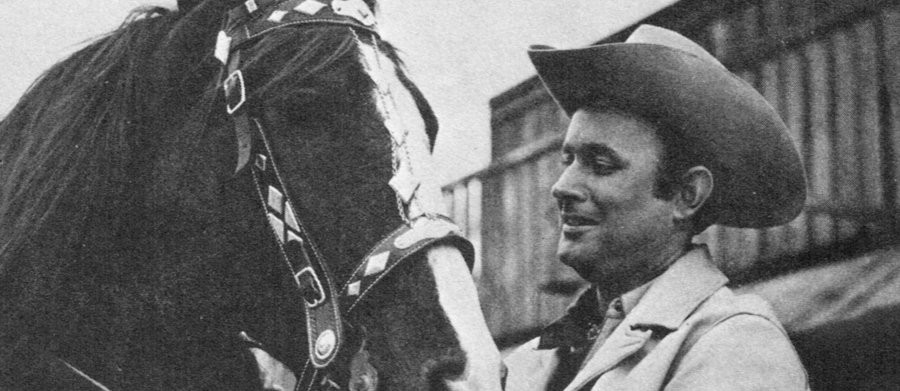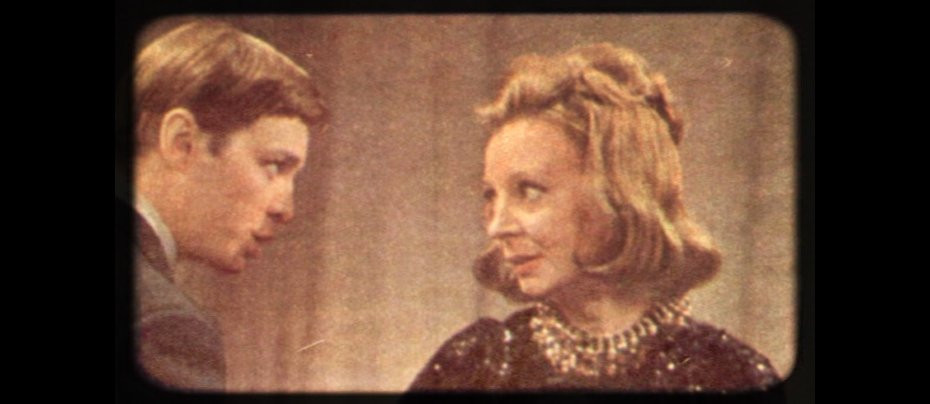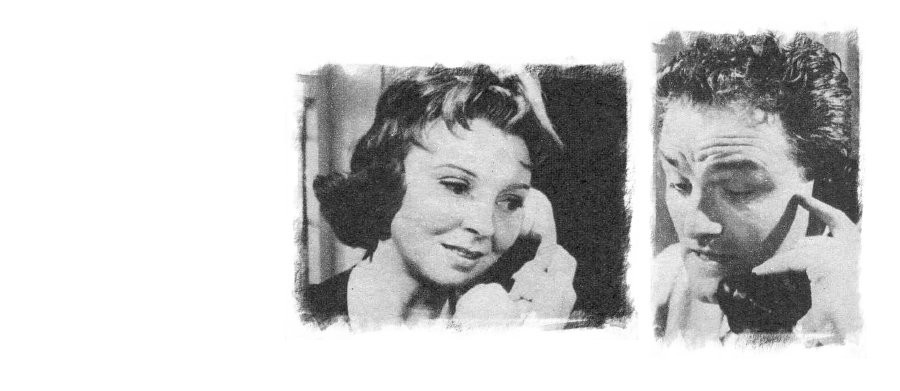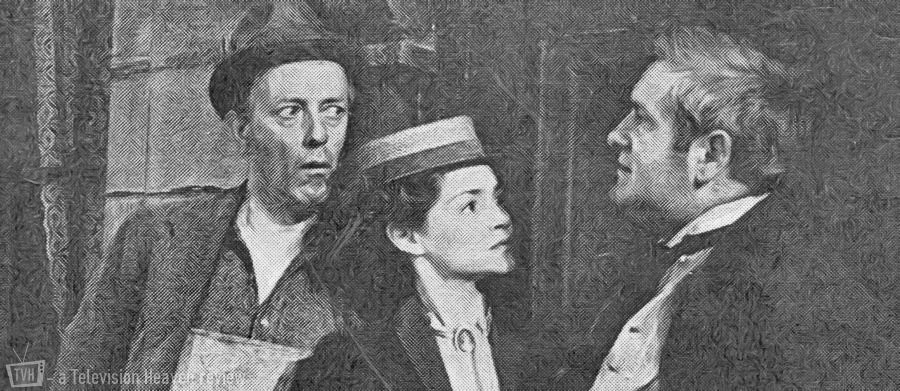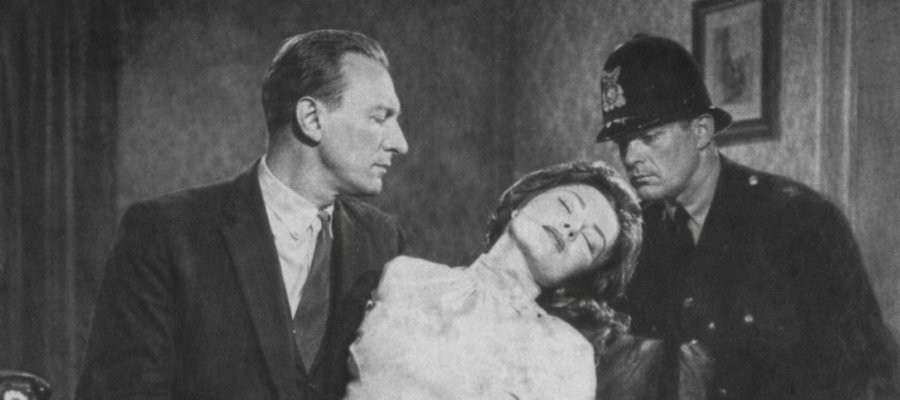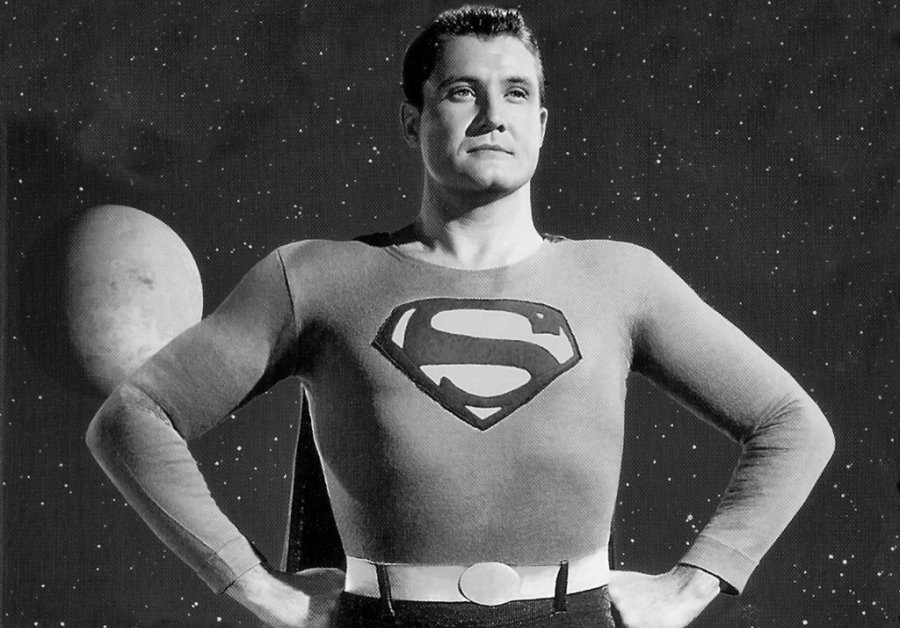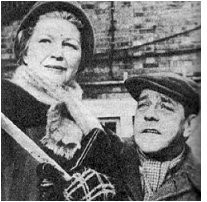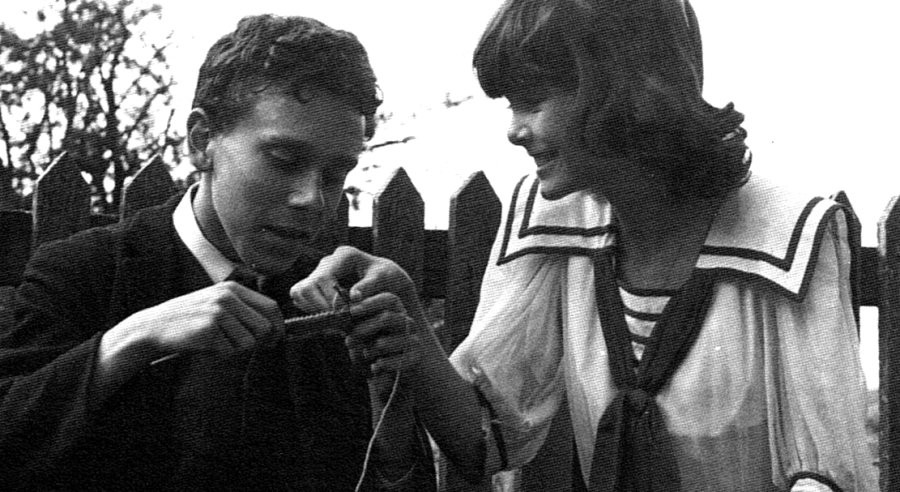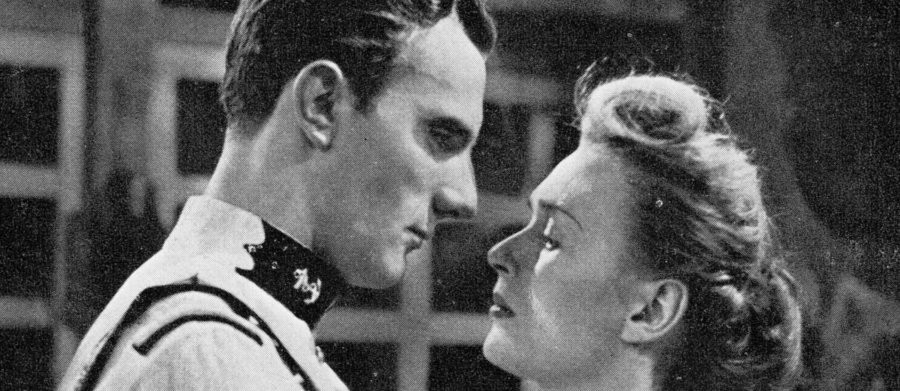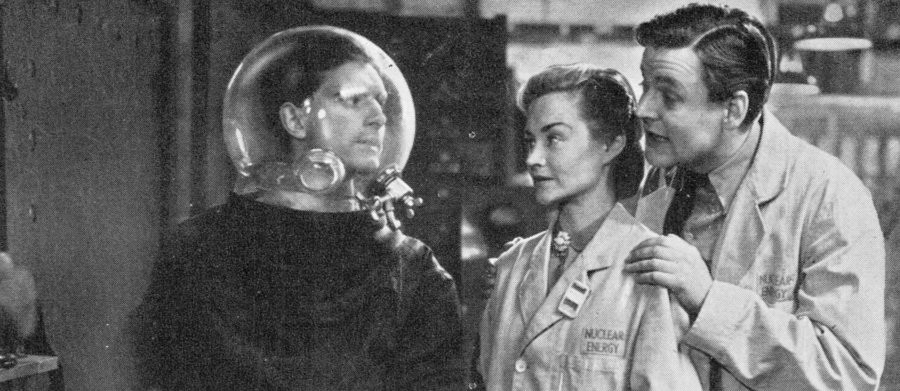
Number Three
1953 - United KingdomOne of the most significant pieces of unrecorded and therefore "missing" drama presentations from the television archives, 'Number Three' was an 80-minute science fiction drama shown under the BBC's 'Sunday-Night Theatre' strand. Its success paved the way for the first and best remembered adult science fiction series of the 1950s: 'Quatermass', a series which was instrumental in pushing television drama to new and previously unexplored levels.
Originally written for the stage by Charles Irving, Number Three was adapted for television by George F. Kerr and Nigel Kneale, who, as staff-writers for the BBC, had adapted a number of books and stage plays for the small screen (although this was their only joint collaboration). Kneale, a graduate of RADA who worked for a short time as a professional actor and was a published short story writer, was recruited by BBC Television in 1951. The following year, Michael Barry, the newly appointed Head of Drama, who would help shape the future of BBC television's drama productions for the next decade, spent his entire first year's script budget of £250 to hire Kneale as a full-time writer for the drama department.
Barry, along with Kneale and fellow collaborator Rudolph Cartier, shared a common vision to invigorate television with faster, broader and more dramatic storytelling, and turned to science fiction, knowing full well that the demands of this type of drama would push the boundaries of predictable, formulaic and 'safe'storytelling, which Kneale found boring and a waste of the potential of the medium, by raising issues that were, according to Kneale, on everyone's mind at the time.
Number Three explores a number of themes that Kneale would return to in Quatermass. Referring to these themes and how they were influenced by the perception of a post-war British public, and in particular the then-emerging fear of nuclear war, the writer would later remark; "There was dread in the real world in the 1950s. The forces of annihilation were in the hands of fallible, panicking men, yet official propaganda was still jaunty." Number Three pre-empted these fears before they gripped the rest of Europe towards the end of the decade.
The action takes place in a Nuclear Research Station in the North of England that houses a small group of scientists working, under the guidance of the brilliant Professor Brander (Raymond Huntley), to create a source of inexhaustible energy for future generations. By developing fast neutrons through light elements it is hoped to reduce to an absolute minimum the use of household electricity. But the small team working away in the Pennines, have to do so on a sparse budget and with little or no interest or co-operation from the Government. Until, that is, Brander reveals the possibility of converting his process into an explosive rivalling the power of the Hydrogen Bomb. Suddenly, the research facility becomes a matter of Government priority and top secrecy.
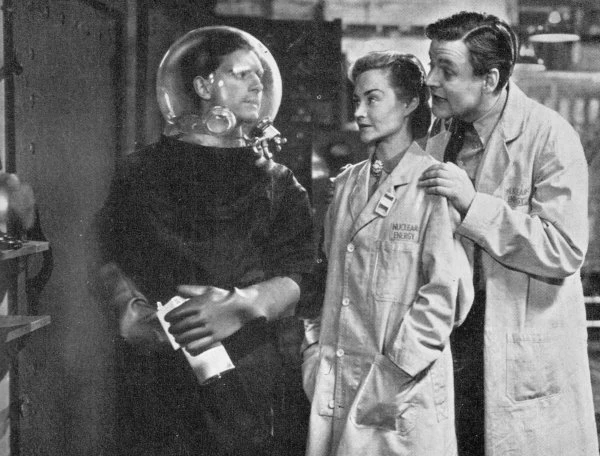
Brander sees this discovery as a scientific triumph, but his view is not shared by his assistants, Bill Hollies (Jack Watling), Robert Matthews (Philip Guard) and Maureen Dartington (Ursula Howells - all three pictured above). This new revelation throws them into a moral dilemma. On one hand they hold the key to solving the material energy problems of the world, whilst on the other they hold the key to a fearful weapon that could bring to an abrupt end the existence of all life on Earth. The play explores the diverse reactions of the scientists and the predicament they face; where they have to question their own ethics and wrestle with their own consciences. The play, which also starred Terence Alexander and Peter Cushing, was Broadcast at 8.40pm on Sunday 1 February 1953 (with a second performance the following Thursday at 7.30pm). As was common back then, as no tele-recording was made, both performances went out live.
The success of Number Three, both in terms of audience appreciation and critical response, led Michael Barry to commission Kneale to pen his own made-directly-for-television series; The Quatermass Experiment, a six-part serial which aired a few months later. Some of the themes in Number Three (especially where the main threat turns out to be the human race's propensity towards mass self-destruction) were returned to and explored in greater detail in Kneale's own 1950s Quatermass trilogy (The Quatermass Experiment, Quatermass ll and Quatermass and the Pit).
Seen this show? How do you rate it?
Seen this show? How do you rate it?
Published on April 4th, 2020. Written by Laurence Marcus October 2014. Source: Michael Barry Collection, held and administered by the Alexandra Palace Television Society. I'd like to thank Simon Vaughan, Archivist at APTS, for his invaluable help. for Television Heaven.


